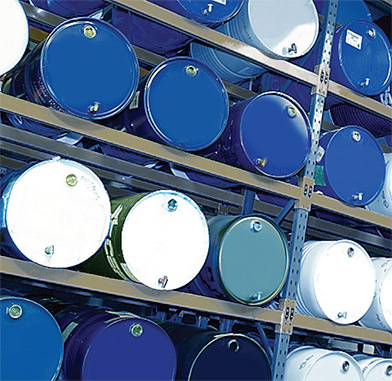Pour Point Depressant Additives
Afton pour point depressants can help a wide range of base oils function at lower temperatures while retaining viscosity benefits at higher temperatures.
The pour point is the lowest temperature at which an oil or fuel will pour when cooled under defined conditions. In general, the pour point is indicative of the amount of wax in an oil. At low temperatures, the wax tends to separate. This can trap a substantial amount of oil, inhibit oil flow and hinder lubrication.
Although most of the wax is removed during base oil refining, high-molecular weight species are necessary to achieve the desired target viscosity. Therefore, pour point depressants are added to allow mineral oils to efficiently function at low temperatures, while also keeping the viscosity benefits at higher temperatures.
Good additives can lower the pour point by as much as 40° C. These are commonly used in applications requiring mineral oil, usually below 0° C. By altering the wax crystal size, they inhibit lateral crystal growth and keep the bulk oil in a liquid state.
Pour point depressants are used in most lubricant types, including:
- Crankcase engine oils
- Automatic and power transmission fluids
- Automotive gear oils
- Tractor fluids
- Hydraulic fluids
- Circulating oils




